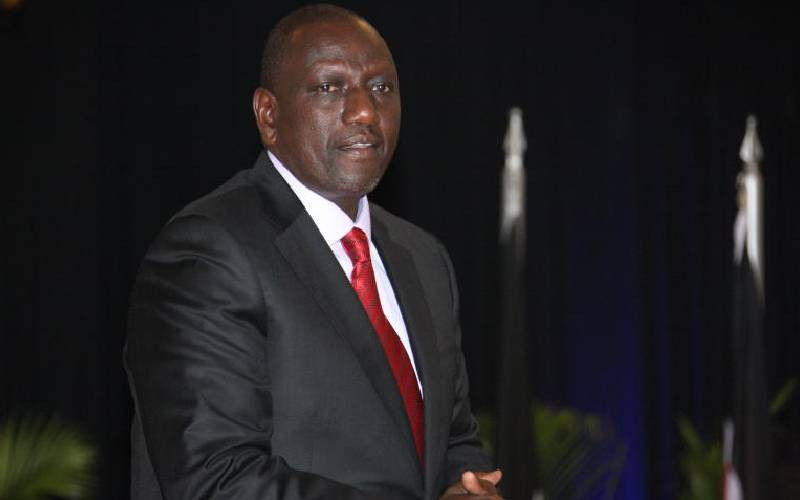
When President William Ruto unveiled his Cabinet after being sworn into office in September, the devolution docket was conspicuously missing. This was surprising given that during the election campaigns last year, Ruto pledged that if elected president, his government would strengthen devolution, starting with a full transfer of all constitutionally devolved functions to the counties within six months.
He also promised timely transfer of sharable revenue from the national government to the devolved units. The failure by the President to name a Cabinet Secretary to oversee this critical national docket was a departure from the tradition set by the previous administration which established the ministry of devolution mainly to facilitate a smooth working relationship between the two levels of government.